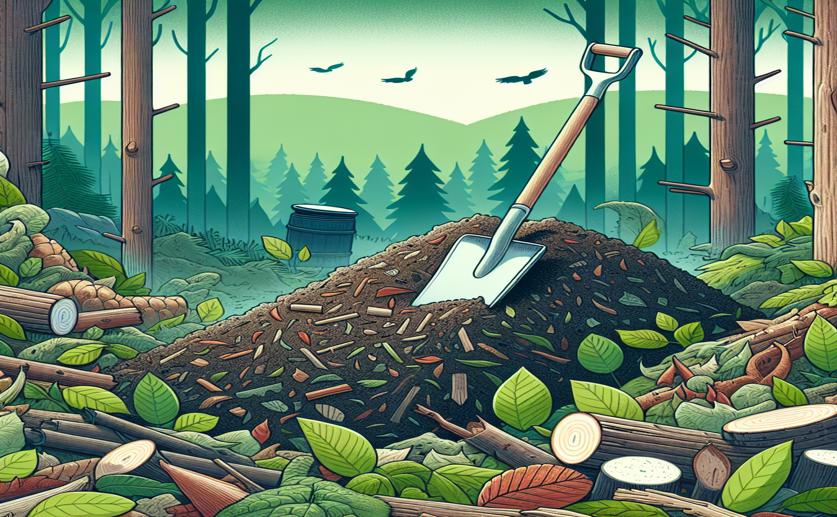
Turning Forest Leftovers into Compost: How It's Done and Its Benefits
Jim Crocker
21st February, 2024

Image Source: Natural Science News, 2024
AgricultureEnvironmentSustainability
References
Main Study
1) Forest waste composting-operational management, environmental impacts, and application.
Published 19th February, 2024
https://doi.org/10.1007/s11356-024-32279-0
Related Studies
2) Environmental assessment of viticulture waste valorisation through composting as a biofertilisation strategy for cereal and fruit crops.
3) Greenhouse gas balance for composting operations.
4) The effects of natural zeolite on salinity level of poultry litter compost.



 18th February, 2024 | David Palenski
18th February, 2024 | David Palenski